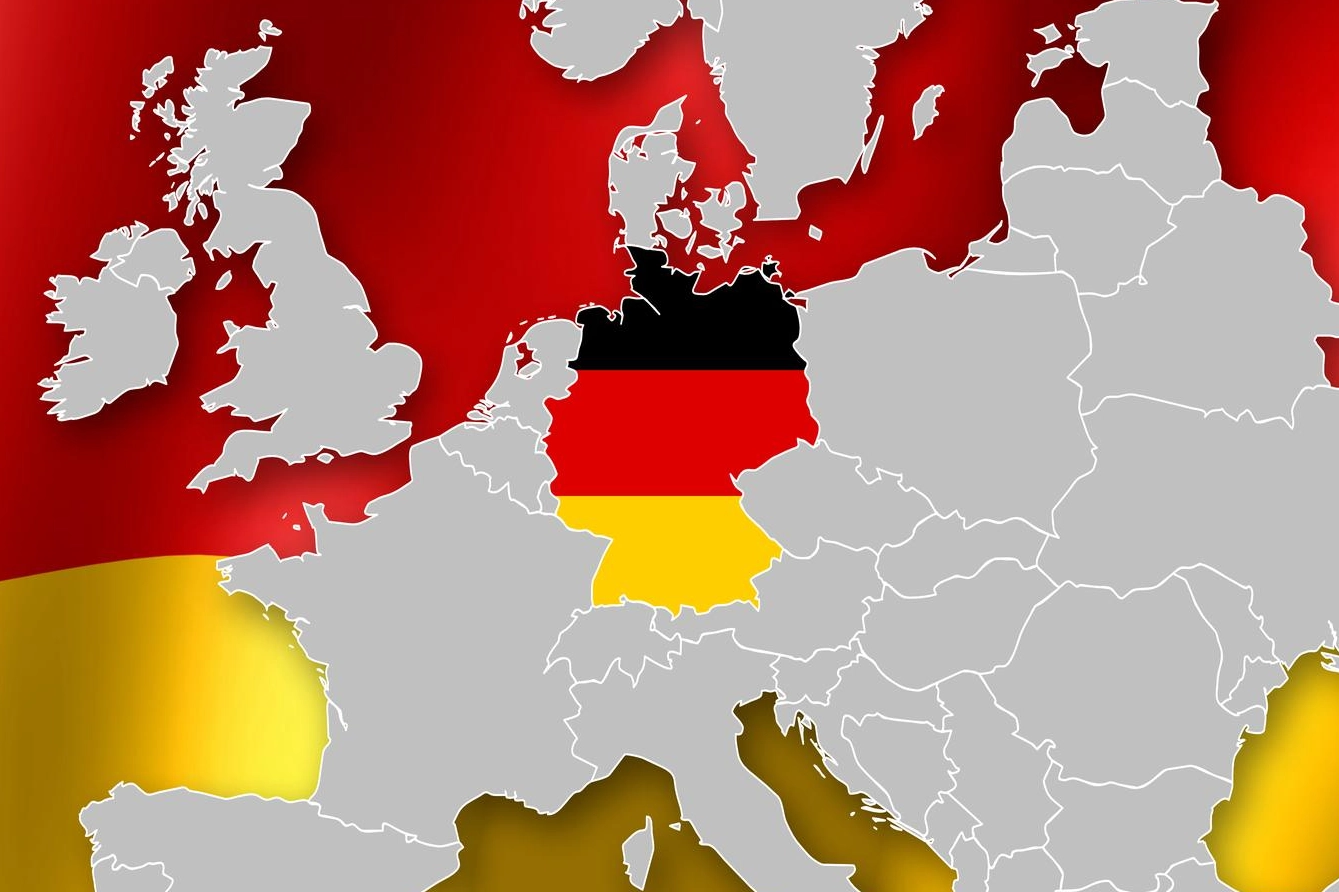Germany’s Interior Minister announced that new land border controls will be in place for six months from 16 September. By tightening border control, it is aimed to control irregular migration and increase security.

Germany's Interior Minister announced that new land border controls will be in effect for six months from 16 September.
Germany announced that it has tightened controls at its land borders in order to control irregular migration and increase security.
The knife attack in Solingen in August revived criticism of the coalition government on migration and deportations. In the face of growing public outcry, German Chancellor Olaf Scholz promised to toughen immigration laws.
Here's what we know so far about how the new border controls will affect entry and exit from Germany by road.
Why are the new German border controls being introduced? In August, three people were killed and eight injured in a knife attack at a festival in Solingen.
The man who claimed responsibility for the attack and was taken into custody was a Syrian suspected of being a member of the Islamic State of Iraq and the Levant (ISIL).
According to German media reports, the 26-year-old attacker's asylum application was rejected and he was supposed to be deported to Bulgaria, where he first entered the European Union (EU) last year, but he could not be deported because he disappeared.
The Solingen attack took place in the run-up to the state elections in the two eastern regions of Saxony and Thuringia, where the far-right Alternative for Germany (AfD) has a very strong vote share.
Just before the 1 September state elections, the coalition government announced new immigration measures to tighten the rules on deporting migrants.
Europe's Schengen area allows passport-free travel between member states, but member states can introduce border controls if they consider there is a threat to public policy or internal security.
When will the new controls come into force and how long will they last? Interior Minister Nancy Faeser announced at a press conference on Monday that the new border controls will come into force from Monday 16 September and will last for six months.
What will change for travellers? Although details have not yet emerged, the new border controls are likely to affect everyone travelling into or out of Germany by land.
If more people are stopped at the borders, there could be traffic jams for motorists.
Bus and train journeys may take longer if transport is stopped for checks.
Deutsch Bahn (DB), Germany's largest train operator, reported that in June this year almost half of the long-distance trains arrived late. It said this was due to extreme weather conditions.
Long border controls could exacerbate the woes of DB travellers.
Major train and bus operators such as Deutsche Bahn, European Sleeper and Flixbus were contacted for comment.
Which countries will the new controls affect? Germany shares land borders with 9 countries. These are Austria, Belgium, the Czech Republic, Denmark, France, Luxembourg, the Netherlands, Poland, Switzerland and the United Kingdom.
Germany's border with Austria is currently subject to temporary controls, which were introduced in 2015 in response to a large influx of migrants and have been in place since then. These controls are in place until 11 November 2024.
Temporary controls at the borders with Poland, the Czech Republic and Switzerland were also introduced last year in response to renewed concerns about migration. These controls are in effect until 15 December 2024.
The controls will also be extended to Germany's other land borders with France, Luxembourg, Belgium, the Netherlands and Denmark, the ministry said.
The controls will initially be in place for six months. They will also cover the busy Christmas and New Year travel periods.
Although Germany has so far announced that the controls will remain in place for six months, they may be extended if they are judged to have served their purpose.